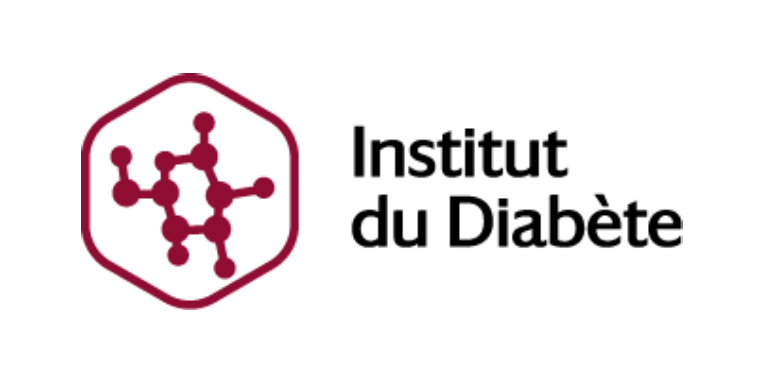Innate and adaptive immune pathways in autoimmunity and auto-inflammation
We are interested in cell biological and metabolic control of TLR activation and MHC class I cross-presentation
We focus on regulation of beta cell-directed autoimmunity by antimicrobial peptides and the intrinsic beta cell reponse
PI: Peter VAN ENDERT
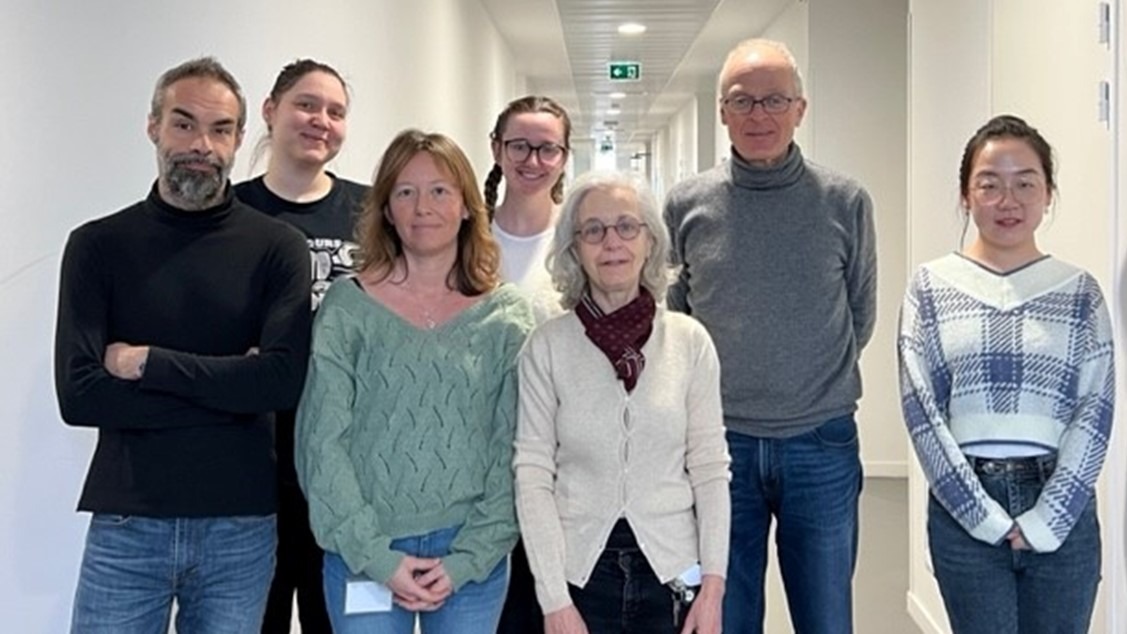
Members of the team
from left to right: Julien Diana, Maeva Agapoff, Emmanuelle Waeckel-Énée, Nadia Keelan, Barbara Bertocci, Peter van Endert, Ren Xu
© Lorem ipsum dolor sit amet, consectetuer adipiscing
INNATE AND ADAPTIVE IMMUNE MECHANISMS IN AUTOIMMUNE DIABETES
We are interested in understanding innate and adaptive mechanisms that modulate the pathophysiology of autoimmune type 1 diabetes and in exploiting such mechanisms for prevention and treatment of the disease. In one axis of research, we have found that antimicrobial peptides, small molecules known as part of first line immune defenses at mucosal surfaces, can both contribute to autoimmunity and protect against it depending on tehri cellular source. Having observed how these peptides can modulate intestinal microbiota in a manner protecting against autoimmunity, we develop a novel therapeutic approach based on antimicrobial peptide delivery through engineered bacteria. In a second line of research, we study a beta cell-intrinsic pathway that induces islet regeneration and protection from autoimmune diabetes and that is activated in the absence of insulin-degrading enzyme, a setting that in addition attenuates autoimmune T cell responses against insulin. Finally, we are developing nanoparticles carrying beta cell antigens designed to stimulate B lymphocytes producing cytokines which protect beta cells from autoimmune aggression.
Members of the team
Peter van Endert, PU-PH
Julien Diana, DR INSERM
Barbara Bertocci, CR INSERM
Emmanuelle Waeckel-Énée, IE UPC
Maeva Agapoff, PhD student
Nadia Keelan, PhD student
Ren Xu, M.D., intern
5 main publications
- Enée E et al.
ZnT8 is a major CD8+ T cell-recognized autoantigen in pediatric type 1 diabetes.
Diabetes 61 (2012): 1779-84 - Miani M, Le Naour J, Waeckel-Énée É, Verma SC, Straube M, van Endert P, Sokol H, Diana J.
Interplay between the gut microbiota and innate lymphoid cells stimulates ß-defensin 14 expression by pancreatic endocrine cells regulating autoimmune diabetes.
Cell Metab. (2018) pii: S1550-4131(18)30394-2. doi: 10.1016/j.cmet.2018.06.012 - Diana J et al.
Crosstalk between neutrophils, B-1a cells and plasmacytoid dendritic cells initiates autoimmune diabetes.
Nat. Med. 19 (2013): 65-73 - Sun J et al.
Pancreatic beta cells express a cathelicidin-related antimicrobial peptide regulating autoimmune diabetes.
Immunity 43 (2015): 304-17 - Van Endert P.
Intracellular recycling and cross-presentation by MHC class I molecules.
Immunol. Rev. 272 (2016): 80-96
Read more

Post Doctoral Position
Fully funded 2-year Post-doctoral position in the team of Dr. Ralf JOCKERS, at Institute Cochin
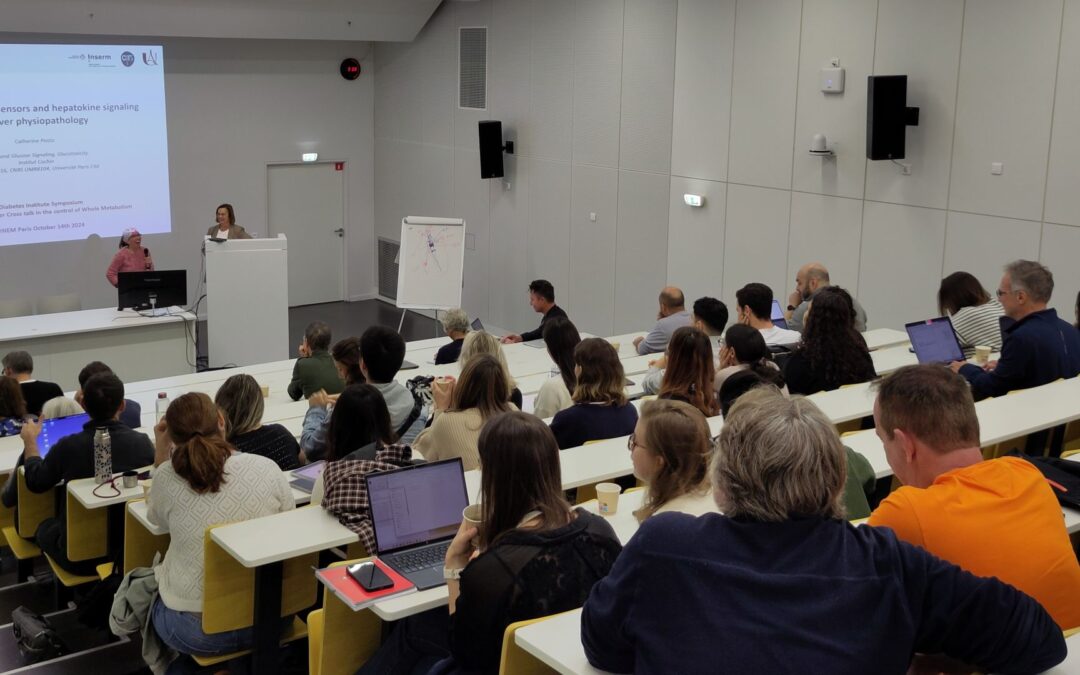
2024 Scientific Annual Day of the Diabetes institute
On Monday, October 14th, the annual Diabetes Institute Scientific Day took place, bringing together around 100 participants at the INEM. Opening of the Annual Scientific Day of the Diabetes Institute Maude LE GALL - Co-Director of the institute (left) Catherine POSTIC...
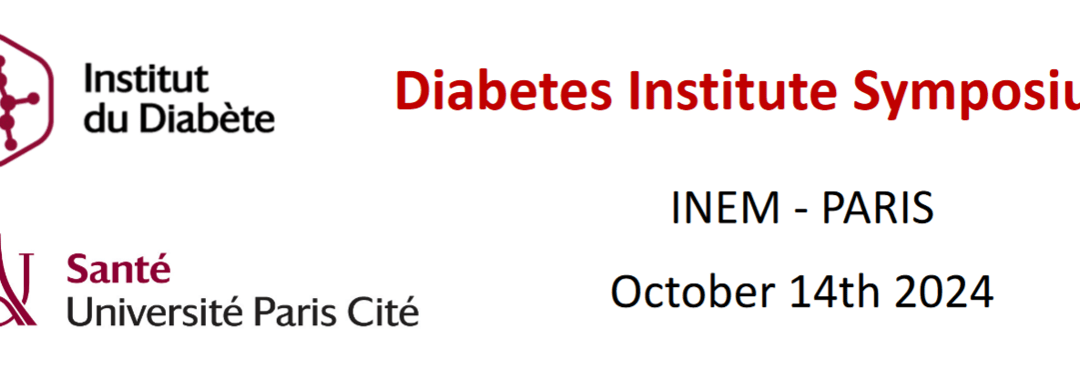
Diabetes Institute scientific day
The overall goal of this Diabetes Institute scientific day is to provide the most important and up-to-date research in the field of metabolism made at University Paris Cité. The workshop will focus on understanding the recent progress in adipose tissue and liver biology including metabolic and inflammatory processes in the control of the energy homeostasis. Special emphasis will be done to highlight the importance of the organ crosstalk and how signaling pathways in one tissue could affect the metabolism in other tissue.
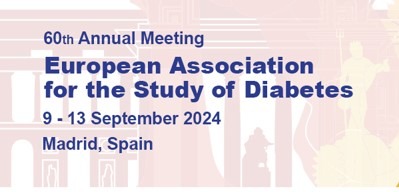
Les jeunes de l’IHM seront à l’EASD
L’IHM Diabète est heureux d’aider les jeunes à participer à l’EASD en leur attribuant une bourse de 1000€
Rendez-vous en Septembre à Madrid !
